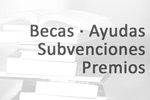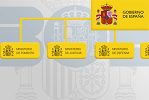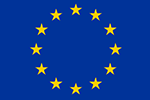Early childhood education and care
Content
Early childhood education and care
Early childhood education is a stage of education with its own identity, catering for girls and boys from birth to six years old. The purpose of early childhood education is to contribute to the integral, harmonious development of pupils in all areas – physical, emotional, sexual, emotional, social, cognitive and artistic – as well as to provide education on civic values to promote coexistence.
Early childhood education is organised into two educational phases:
- The first programme is for children up to 3 years old.
- The second programme, which is free of charge, is for children aged 3 to 6.
Although voluntary, the uptake for the second phase of early childhood education and care has become widespread throughout Spain; almost all boys and girls aged 3 to 6 years old are now in school, having reached a percentage of more than 97% for all ages according to the 2022 Panorama of Education![]() report. With regard to the first phase, the enrolment rate has increased by 26 percentage points since 2005, reaching 41.1 %. This uptake is expected to continue to gradually increase through a sufficient number of places being made available and the extension of free-of-charge provision.
report. With regard to the first phase, the enrolment rate has increased by 26 percentage points since 2005, reaching 41.1 %. This uptake is expected to continue to gradually increase through a sufficient number of places being made available and the extension of free-of-charge provision.
Education at this stage seeks to optimise the development potential of every boy and girl, taking into account fully the following aspects during both phases:
-
children’s awareness of their own bodies and of others’ bodies, what they can and cannot do with them and respecting the differences between them;
-
developing and managing emotions;
-
discovery and exploration of their family, natural and social environments;
-
Relating to others on equal terms and the essentials of coexistence and social relationships.
-
the teaching of values;
-
learning habits that promote a healthy and environmentally-responsible lifestyle;
-
developing communication skills in different languages and forms of expression;
-
first contact with logical and mathematical skills, reading and writing and digital literacy.
-
Respecting social standards that promote gender equality.
It is also about reinforcing the personal autonomy of girls and boys and allowing them to gradually build up a positive and balanced self-image on an equal footing with others, in a warm, safe, stimulating and respectful school environment.
More information on the organisation of early childhood education is available from the Ministry of Education, Vocational Training and Sports![]() .
.
Information for each Autonomous Community


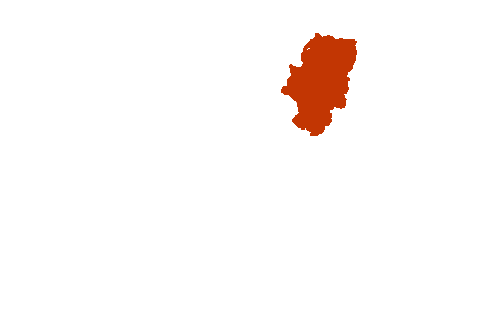
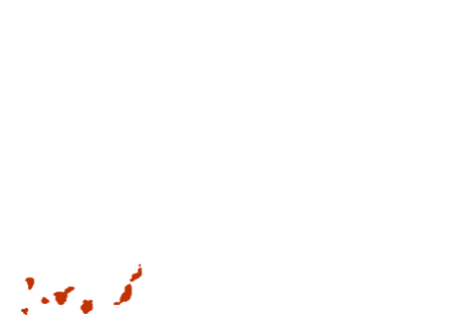
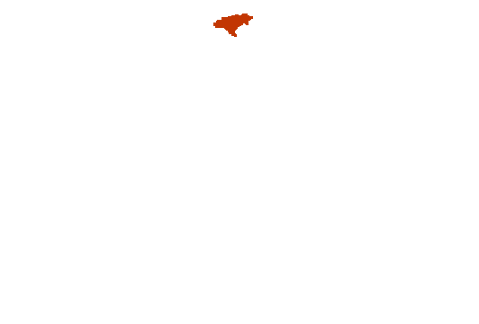
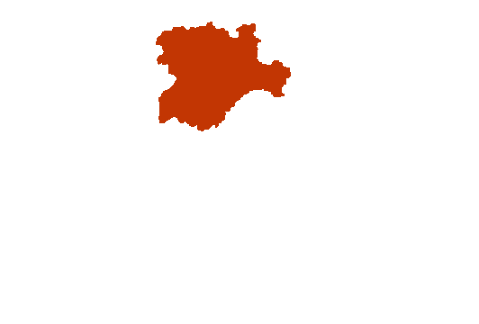
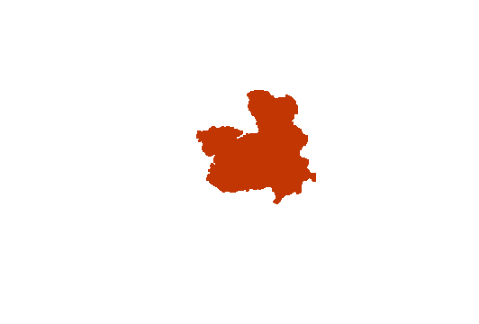
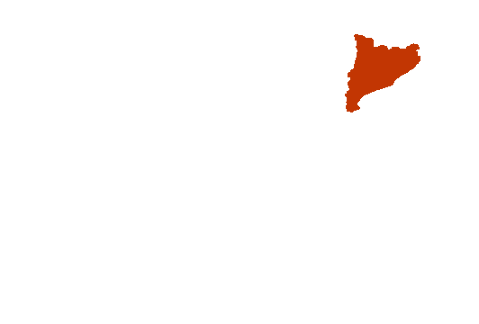

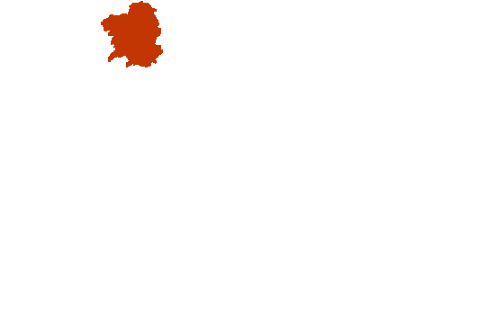

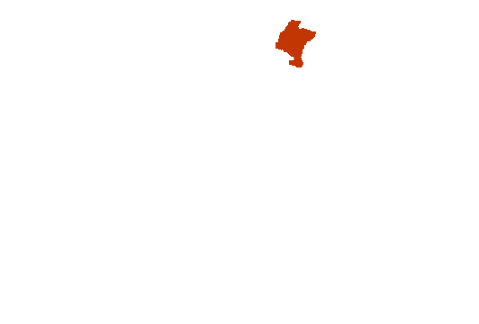
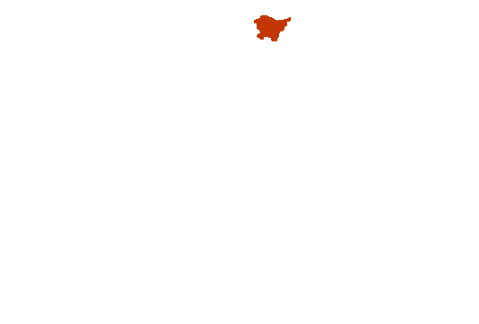
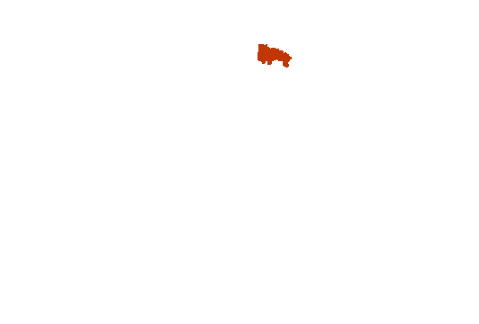
Andalucía Aragón Asturias, Principado de Balears, Illes Canarias Cantabria Castilla y León Castilla-La Mancha Cataluña Ciudad de Ceuta Ciudad de Melilla Comunitat Valenciana Extremadura Galicia Madrid, Comunidad de Murcia, Región de Navarra, Comunidad Foral de País Vasco Rioja, La





